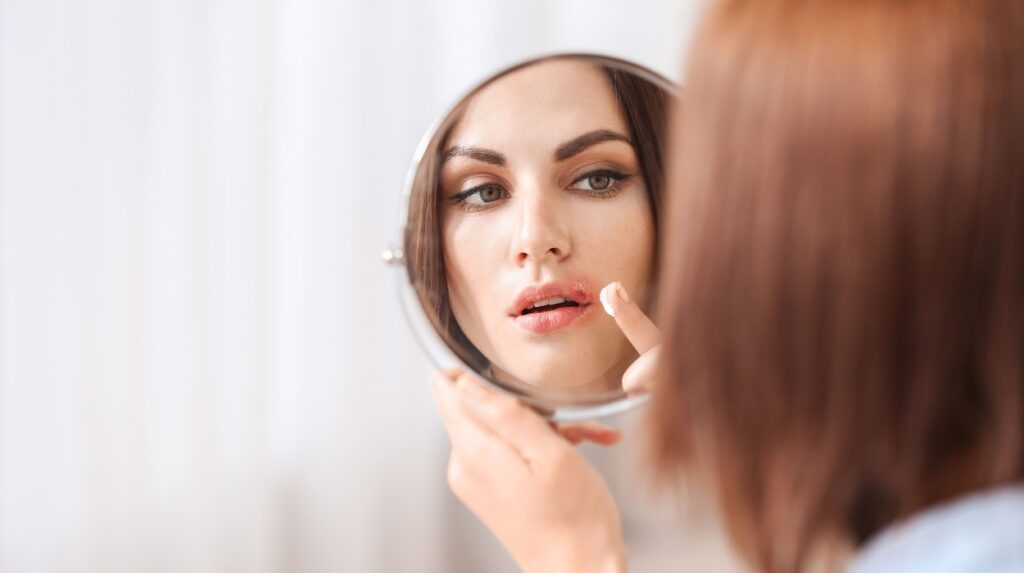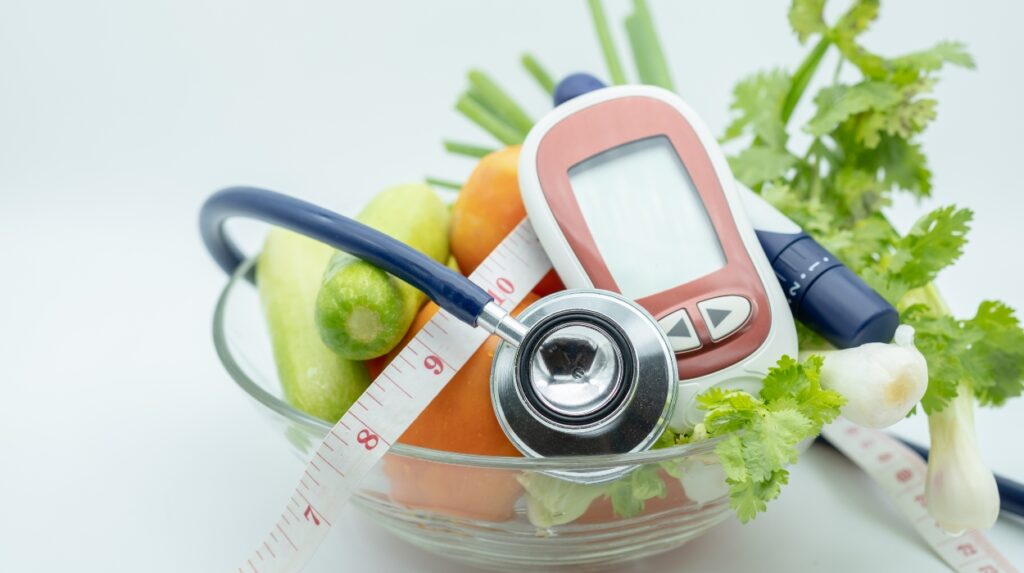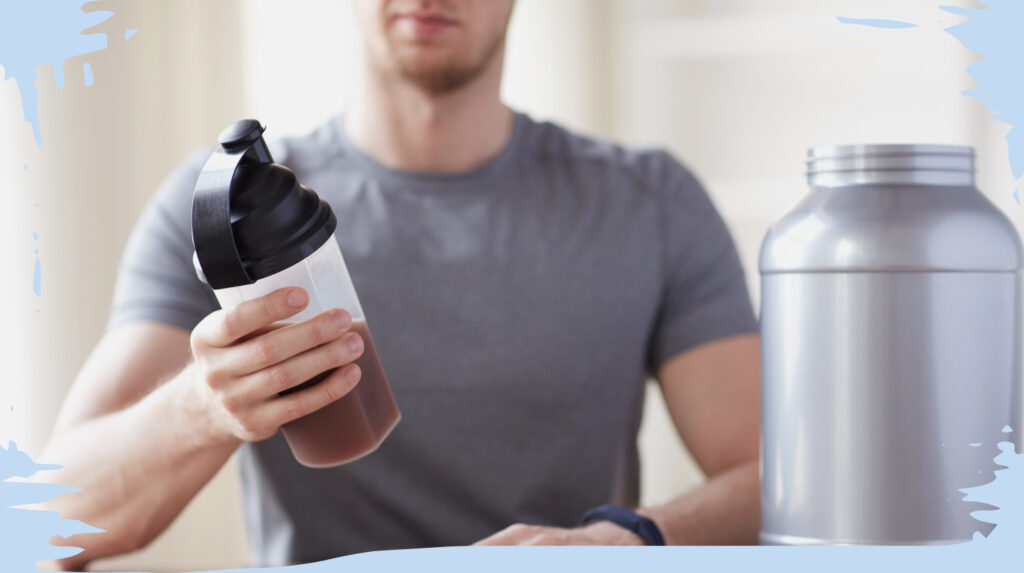
Losing weight is a goal that many people aspire to achieve, but it can be a challenging and frustrating process. While there are many factors that can contribute to weight loss, such as proper diet and exercise, hydration is often overlooked as a key component. Drinking water is a simple and effective way to support weight loss efforts, as it can help reduce appetite, burn calories, and aid in proper hydration.
The average person should aim to drink 6-9 cups or 48-72 ounces of water per day, although this can vary depending on individual needs and circumstances. Proper hydration is essential for maintaining body temperature and many other bodily functions, and it can also help prevent weight gain.
In this article, we will explore the role of drinking water in weight loss and provide tips for incorporating more water into your daily routine. From the importance of proper hydration to the benefits of drinking water-rich foods, we will cover all aspects of water intake and weight management. Whether you’re just starting your weight loss journey or looking to boost your efforts, this article will provide valuable insights on how much water you should drink a day to lose weight.
Can Drinking Water Help You Lose Weight?
Yes, drinking water can help you lose weight. In “Drink Water and Weight Loss: Science Evidence,” This article will discuss the scientific evidence that supports the idea that drinking water can aid in weight loss. We will explore the ways in which water intake can impact metabolism, appetite, and calorie intake, as well as the recommended daily water intake for weight loss and overall health. Additionally, we will highlight the importance of proper hydration for maintaining connective tissues and body fat percentage during weight loss efforts.
How Much Water Should You Drink?
The amount of water you should drink can depend on various factors, such as your body weight, activity level, and climate. However, a general guideline is to drink at least eight 8-ounce glasses of water per day, which is equivalent to 64 ounces or about 1.9 liters. This recommendation ensures that you are adequately hydrated and supports weight loss efforts by reducing the likelihood of confusing thirst with hunger. Additionally, drinking enough water can help maintain vital nutrients in your body and prevent muscle cramps. It is important to note that drinking too much water can lead to water intoxication, so it’s essential to stay within recommended guidelines and consult with a healthcare provider if you have concerns about your water intake.
Drink Water & Weight Loss: Science Evidence

Drinking water is essential for overall health and well-being and can also play a significant role in weight loss efforts. In this article, we will explore the scientific evidence that supports the idea that drinking water can aid in weight loss. We will also discuss the recommended daily water intake for weight loss and the importance of proper hydration in maintaining connective tissues and body fat percentage during weight loss efforts.
Natural Appetite Suppressant
Drinking water before or during meals can help reduce hunger and increase feelings of fullness. This effect can lead to a reduction in calorie intake and support weight loss efforts. Additionally, drinking water can serve as a natural appetite suppressant, which can help prevent overeating and reduce the consumption of sugary drinks and other high-calorie beverages.
Reduced Calorie Intake
Drinking water instead of sugary drinks or other high-calorie beverages can help reduce overall calorie intake. Studies have shown that individuals who substitute water for sugary drinks can consume up to 200 fewer calories per day, leading to weight loss over time. Drinking water can also help reduce calorie intake by decreasing the likelihood of confusing thirst with hunger, which can lead to unnecessary snacking or overeating.
Increased Metabolism
Drinking water can also impact metabolism and support weight loss efforts. Studies have shown that drinking cold water can increase metabolism and calorie burn as the body works to warm the water to body temperature. This effect can lead to increased calorie burn and support weight loss efforts over time.
Proper Hydration
By staying hydrated, you can increase your endurance and burn more calories during physical activity. This can help improve exercise performance, which can contribute to weight loss. When the body is dehydrated, it can become fatigued more quickly, making it harder to exercise for extended periods of time.
Drinking Water Instead of Sugary Drinks
Many people consume a large portion of their daily calories through sugary drinks, which can contribute to weight gain over time. Sugary drinks like soda or juice can significantly reduce your daily calorie intake. Switching to water can eliminate these empty calories from your diet and potentially lose weight.
Pre-Meal Water Drink Reduces Energy Intake
This can contribute to weight loss. Studies have shown that drinking water before a meal can reduce calorie intake during the meal by as much as 13%. This is because the water helps to fill the stomach, reducing hunger and promoting feelings of fullness.
Staying hydrated can help regulate your body’s metabolism, which can contribute to weight loss. When the body is dehydrated, the metabolism can slow down, making it harder to burn calories and lose weight. By staying hydrated, you can keep your metabolism functioning optimally and promote weight loss as a result.
In summary, drinking water can serve as a natural appetite suppressant, reduce calorie intake, and impact metabolism, all of which can support weight loss efforts. It is recommended to drink at least eight 8-ounce glasses of water per day to ensure adequate hydration and support weight loss goals.
Other Benefits of Drinking Enough Water Daily

- Promotes healthy skin: Staying hydrated helps maintain skin elasticity and moisture, leading to a healthier and more youthful appearance. Dehydration, conversely, can cause the skin to become dry, flaky and even lead to premature wrinkles.
- Boosts energy levels: Drinking enough water helps improve cognitive function and physical performance, allowing you to feel more alert and energized throughout the day. This is because water is essential for many bodily functions, including transporting oxygen and nutrients to the cells and removing waste products from the body.
- Helps prevent headaches: Dehydration can cause headaches and migraines, so staying adequately hydrated can help reduce the frequency and intensity of these pains.
- Aids in digestion: Water helps dissolve nutrients and aids in the digestion and absorption of food. It also helps prevent constipation by keeping the stool soft and the bowel movements regular.
- Supports healthy connective tissues: Connective tissues such as cartilage, ligaments, and tendons need water to stay healthy and functional. Drinking enough water helps keep these tissues lubricated and can prevent joint pain and stiffness.
- Regulates body temperature: Water is necessary for regulating body temperature and preventing overheating. When the body gets too hot, it sweats to cool down, and the sweat evaporates from the skin, taking heat with it. But to produce sweat, the body needs an adequate supply of water.
- Maintains kidney function: The kidneys need water to filter waste products from the blood and produce urine. Drinking enough water can help prevent kidney stones and other kidney problems.
Overall, drinking enough water daily is crucial for maintaining optimal health and wellness.
Tips to Hit Your Daily Water Goals
● Set a daily water intake goal: Determine the number of ounces of water you need to drink each day based on your body weight and activity level. A general rule is to drink at least half your body weight in ounces per day.
● Use a water tracking app: Download a water tracking app on your smartphone to help you monitor your water intake throughout the day. This can also serve as a reminder to drink more water when you need to consume more.
● Carry a water bottle: Keep a refillable water bottle with you at all times, whether at home, work, or on the go. This makes it easy to sip on water throughout the day.
● Flavor your water: If plain water is not appealing, try adding some natural flavor to it by infusing it with fruits, vegetables, or herbs. This can make drinking water more enjoyable and satisfying.
● Eat water-rich foods: Include foods with high water content, such as cucumbers, watermelon, tomatoes, and oranges, in your diet. These can help you stay hydrated and contribute to your daily water intake.
● Drink water with meals: Drinking water with your meals not only helps you stay hydrated, but it can also aid digestion and prevent overeating by giving you a feeling of fullness.
● Make it a habit: Forming a habit of drinking water regularly can make it easier to hit your daily water goals. Try setting reminders, keeping a water log, or making it a part of your daily routine to help make drinking water a habit.
Conclusion
In conclusion, drinking enough water daily is essential for maintaining overall health and achieving weight loss goals. It helps reduce calorie intake, acts as a natural appetite suppressant, and improves metabolism and energy levels. It also has other benefits, such as reducing the risk of kidney stones, improving skin health, and aiding digestion. To hit your daily water goals, it’s important to keep a water bottle nearby, drink water with meals, and flavor water with fruits or herbs. Additionally, consuming water-rich foods and avoiding sugary drinks can contribute to staying hydrated. Remember, staying adequately hydrated is crucial for optimal body function and weight management.
Frequently Asked Questions
The recommended daily water intake varies based on age, sex, activity level, and climate. On average, it is recommended to drink 8-10 cups or 64-80 ounces of water per day.
Yes, drinking water can help with weight loss by reducing appetite, increasing feelings of fullness, and boosting metabolism.
Yes, other benefits of drinking enough water daily include improved skin health, better digestion, increased energy levels, and reduced risk of certain diseases.
While water is the best option for staying hydrated, other beverages like tea, coffee, and low-sugar sports drinks can also contribute to your daily fluid intake.
You can add flavor to your water by infusing it with fruits, vegetables, or herbs. You can also try drinking sparkling water or low-calorie flavored water.
Yes, drinking too much water can lead to a condition called water intoxication, which can be dangerous. However, it is rare and typically only occurs when consuming extremely large amounts of water in a short period of time.
While thirst is a good indicator of dehydration, drinking water regularly throughout the day is vital to ensure adequate hydration.
Yes, athletes and people who exercise regularly may need to drink more water to compensate for fluid losses through sweat. Drinking water before, during, and after exercise is important to stay hydrated.
+ 6 Sources
Tnhealth has strict sourcing guidelines and relies on peer-reviewed studies, academic research institutions, and medical associations. We work mostly with peer-reviewed studies to ensure accurate information. We avoid using tertiary references. You can learn more about how we ensure our content is accurate and current by reading our editorial policy.
- Kim JY. Optimal diet strategies for weight loss and weight loss maintenance. Journal of Obesity & Metabolic Syndrome. 2020;30(1). doi:https://doi.org/10.7570/jomes20065
- Greenway FL. Physiological adaptations to weight loss and factors favouring weight regain. International Journal of Obesity. 2015;39(8):1188-1196. doi:https://doi.org/10.1038/ijo.2015.59
- Dennis EA, Dengo AL, Comber DL, et al. Water Consumption Increases Weight Loss During a Hypocaloric Diet Intervention in Middle-aged and Older Adults. Obesity. 2009;18(2):300-307. doi:https://doi.org/10.1038/oby.2009.235
- Stookey JD, Constant F, Popkin BM, Gardner CD. Drinking Water Is Associated With Weight Loss in Overweight Dieting Women Independent of Diet and Activity. Obesity. 2008;16(11):2481-2488. doi:https://doi.org/10.1038/oby.2008.409
- Valtin H. “Drink at least eight glasses of water a day.” Really? Is there scientific evidence for “8 × 8”?. American Journal of Physiology-Regulatory, Integrative and Comparative Physiology. 2002;283(5):R993-R1004. doi:https://doi.org/10.1152/ajpregu.00365.2002
- Davy BM, Dennis EA, Dengo AL, Wilson KL, Davy KP. Water Consumption Reduces Energy Intake at a Breakfast Meal in Obese Older Adults. Journal of the American Dietetic Association. 2008;108(7):1236-1239. doi:https://doi.org/10.1016/j.jada.2008.04.013







 By
By 


